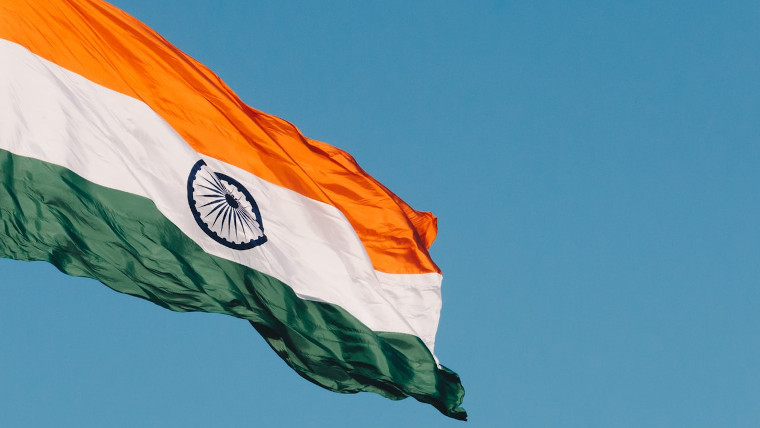
Popular VPN service provider ExpressVPN has announced that the company does not plan to comply with Indian government's order and is removing physical severs from India.
In case you do not know, earlier this year the Indian government published a notice asking Virtual Private Network (VPN) providers to record and store user data for up to five years. The order which is set to go into effect later this month will force VPN companies to log user data including Personal Identifiable Information (PII) like name, email address, IP address, phone number and more. The government notes that the new rule will help the law enforcement agencies to investigate cybercrime.
As the date to comply closes, leading VPN provider ExpressVPN has announced that it will no longer offer Indian servers. In a blog post, the company criticized the new rule stating that it is "overreaching and so broad as to open up the window for potential abuse."
However, the company will continue its operations in the country and will be providing virtual servers. Currently, ExpressVPN allows Indian users to get an Indian IP via physical servers as well as a virtual server based in UK. Moving forward, the company will offer Indian IP addresses to users, but it will be via virtual servers based in the UK and Singapore. ExpressVPN notes that switching to virtual servers based in another country will have minimal impact on the user experience.
The company ended the blog post by mentioning that it is strictly against the government's data retention policy and the attempt to limit freedom. Lastly, ExpressVPN also mentioned the technical restrictions that stop it from ever complying with such rules. According to the company, its servers run on RAM which means user data is wiped clean on every reboot preventing the company from retaining data even if it wanted to do so.
With the rule going in effect on 27th June, we may see other VPN providers exit India. Earlier, the Indian government told VPN providers to either comply or leave the country altogether. Many VPN providers offer a no-log policy to provide anonymity to their customers. This means that leading VPN providers will be in breach of the government's new directive. Moreover, the law undermines the major selling point of a VPN which is to offer privacy and anonymity to the user.

_small.jpg)















12 Comments - Add comment